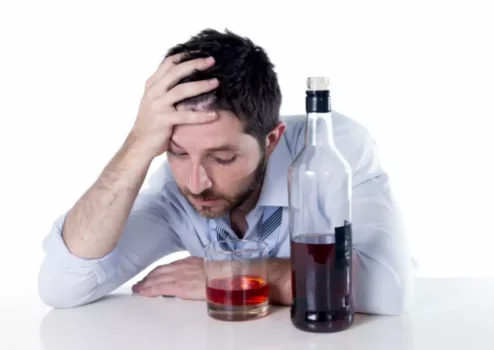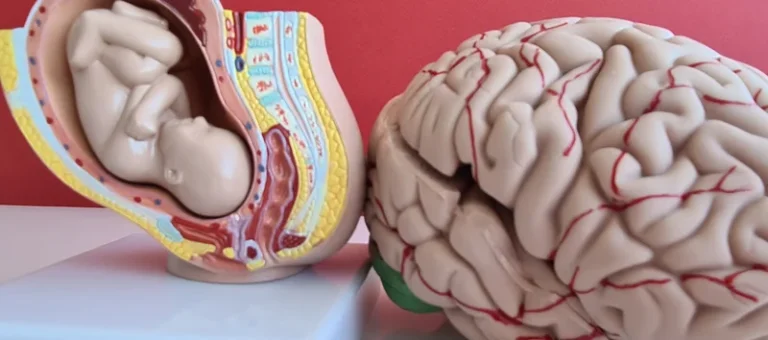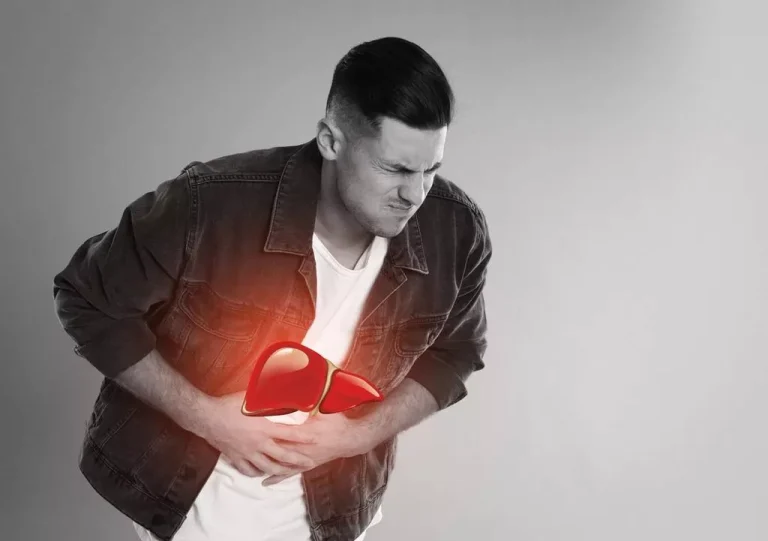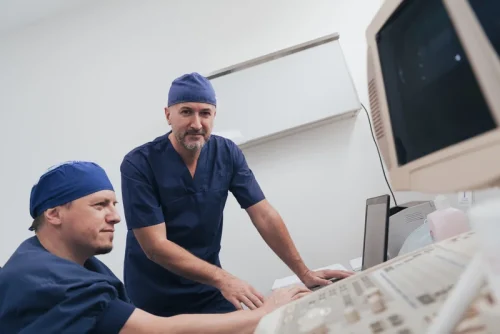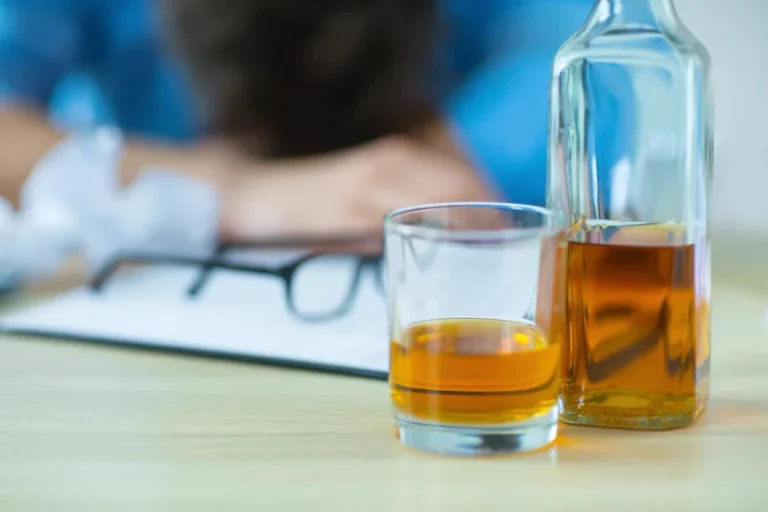
These groups let you connect with others facing similar challenges. Pharmacists put warning labels on Adderall bottles about alcohol. They offer to answer questions when filling prescriptions. Social media campaigns reach young adults where they spend time.
Conclusion: Can You Mix Alcohol and Adderall?

A 2015 literature review found that nausea was the only reported side effect among heavy drinkers who also took atomoxetine for ADHD. However, the drug’s manufacturers don’t recommend combining it with alcohol. Stimulants, including Ritalin and Adderall, are among the most commonly prescribed treatments for ADHD. While ADHD doesn’t in any way cause alcohol misuse, it has long been recognized as a risk factor.
College students’ guide to managing ADHD
But that doesn’t mean everyone with ADHD will develop a disorder. The relationship between alcohol use, depression, and ADHD is complex. While none of these 3 conditions directly cause each other, they’re related. Drinking alcohol always comes with risks, whether or not you have ADHD. Outpatient treatment encompasses a variety of treatment types and schedules. These are typically more flexible for those who have commitments at home or work, but they may or may not provide adequate structure for those with severe SUDs.
I might get very sick or even need to go to the hospital. The activities for substance abuse groups mix can make my heart beat too fast or cause my blood pressure to get dangerously high. Adderall is a prescription medication commonly used to treat attention deficit hyperactivity disorder (ADHD) and narcolepsy. I’ll explain its composition, medical uses, and available forms. This link has to do with common symptoms of ADHD, such as hyperactivity, impulsivity, and disrupted emotional functioning. All 3 of these symptoms also play a role in substance use, putting people with ADHD at an increased risk of addiction.
Important points to remember about mixing ADHD medications with alcohol:
After detox, rehab programs help people stay drug-free. I’ve found that many offer therapy and support groups. These teach coping skills and ways to avoid relapse.
- When I take Adderall, it changes how my body handles alcohol.
- As more people are diagnosed with ADHD, more people are being prescribed this medication.
- Therapists can help you work through underlying issues and develop coping skills.
Mixing the two can lead to alcohol poisoning, heart problems, and behavioral issues. Many people who misuse Adderall also misuise alcohol. Even if you have a prescription for Adderall, you should not drink alcohol during treatment. It can promote binge drinking and increase addiction risk. The stimulant effects of Adderall may mask alcohol’s depressant effects. Colleges often run programs to warn students about mixing stimulants and alcohol.
Support Groups and Counseling

Drinking too much alcohol while taking Adderall could lead to an increased risk of alcohol poisoning and other physical or mental problems. Mixing the two could be especially dangerous in people with other health conditions, such as heart disease or bipolar disorder. The results of mixing alcohol and Adderall can be unpredictable and dangerous. Alcohol can worsen the side effects of Adderall, such as an increased heart rate and high blood pressure. Adderall can also mask the effects of alcohol, increasing the risk of alcohol poisoning. One of the most prevalent stimulant drugs on the market is Adderall, a prescription medication often used to treat ADHD and even narcolepsy.
Alcohol can worsen some ADHD symptoms, such as impulsivity and aggression. In addition, people with ADHD may be more likely to develop an alcohol use disorder, especially if alcohol is consumed in large amounts over time. Therefore, it’s best to be cautious about drinking alcohol with ADHD, whether a medication like Adderall is being taken or not. Mixing alcohol with stimulant ideas can pose a significant health risk. Over-the-counter stimulants and prescription stimulants can all increase blood pressure and heart rate. Adderall is a stimulant, while alcohol is a depressant.
This medication works by increasing the levels of the neurotransmitters dopamine and norepinephrine in your brain. It improves concentration and reduces solution-focused therapy interventions impulsivity and hyperactivity in people with ADHD. Stimulant drugs like Adderall are the first-line treatment for people with ADHD. Adderall is one of the most commonly prescribed ADHD medications. It’s a blend of several different amphetamine salts.
Alcohol is also a substance that can be habit-forming. Excessive use of alcohol can lead to dependence and addiction, as well as a range of physical and mental health problems over time. Regular or excessive alcohol consumption can also increase the risk of liver disease, high blood pressure, and heart disease. Mental health problems caused by alcohol may include depression and anxiety. Adderall can mask the effects of alcohol intoxication, making it much easier for individuals to consume too much alcohol. Adderall and alcohol are both addictive drugs that can impact your mood, behavior and cognitive function.
This is particularly true if how to flush alcohol out of your system you have an alcohol addiction or other substance use disorder (SUD). Polysubstance use is never safe, even if using a prescription medication. Talk to your prescribing doctor about your alcohol consumption or desire to drink while taking Adderall.
Why Do People Mix Adderall And Alcohol?
These include detox programs and rehab choices to help people recover. This combo puts extra stress on your heart and liver. It can also make you more likely to drink too much or make bad choices.
Adderall is a prescription medication that contains amphetamine and dextroamphetamine. It works as a central nervous system (CNS) stimulant that increases the levels of certain neurotransmitters in the brain. Adderall is FDA approved as an ADHD medication that can help improve symptoms such as inattention and impulsivity. Due to its effects on promoting wakefulness and alertness, Adderall can also be used to treat narcolepsy. Mixing Adderall and alcohol is a common concern for people who are living with attention deficit hyperactivity disorder (ADHD). Although it’s one of the most prescribed drugs for ADHD, Adderall is also one of the most misused and abused prescription drugs in the United States.


